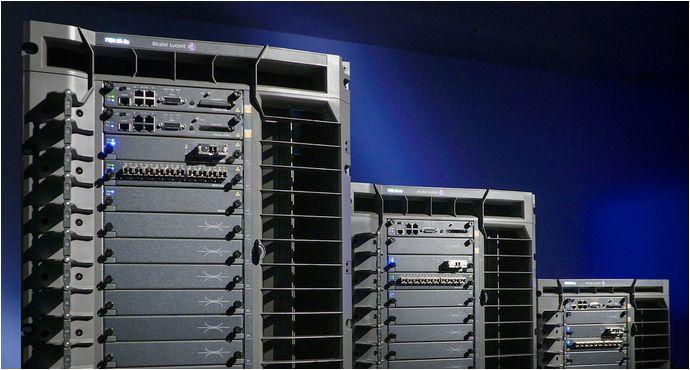
Cisco, Juniper Networks and Huawei will seize upon uncertainty to poach Alcatel-Lucent customers in core and edge routing, says Patrick Filkins, research analyst, Telecom and Enterprise Networking, Technology Business Research.
Alcatel-Lucent’s IP, Fixed Access and optical units will continue to operate under its current leadership, post-acquisition by Nokia.
The October announcement that Alcatel-Lucent executives will head up three of the four business divisions in the combined Nokia/Alcatel-Lucent indicate a less aggressive shake-up than anticipated.
The preemptive announcement is meant to assuage Alcatel-Lucent’s IP, fixed access and optical customer bases and to smooth integration of the two companies.
Outside of those segments, Alcatel-Lucent’s leadership, particularly in Wireless Access, faces a less certain future. Nokia announced its Mobile Broadband head, Samih Elhage will lead the Mobile Networks division. The division will include the mobile access, services and core portfolios including IMS, VoLTE and subscriber data management.
Maintaining current executive leadership in the select divisions minimizes internal disruption while preserving relationships with Alcatel-Lucent’s customers. Even with these precautions, rivals such as Cisco, Juniper and Huawei will undoubtedly seize upon uncertainty to poach Alcatel-Lucent customers in core and edge routing.
Alcatel-Lucent is financially optimized heading into final stages of acquisition.
Alcatel-Lucent delivered improved revenues, gross and operating margin in Q3 2015, boosted by currency effects and ShiftPlan restructuring. Alcatel-Lucent benefitted from higher software sales in the U.S. and LTE deployments in China, however, contract delays in Alcatel-Lucent’s Submarine (ASN) business, drove down revenue at constant currency rates. A large, one-time impairment of goodwill charge, attributed to ASN, negatively affected profits.
Demand for Alcatel-Lucent’s IP Platforms remained strong in Q3 2015 as North American and China-based operators deployed Alcatel-Lucent’s IMS and VoLTE solutions.
As of October, Nokia’s acquisition of Alcatel-Lucent completed all necessary regulatory consent and will close in Q1 2016, pending approval from Nokia’s shareholders. Alcatel-lucent is executing its final fixed cost measures, including a one-time lump sum payment to U.S. pensioners, which it completed in the quarter. Nokia is poised to acquire a more financially optimized Alcatel-Lucent when the transaction is completed.
Acquiring Mformation adds scale to Alcatel-Lucent’s IoT business.
While competitors such as Cisco, Ericsson, Huawei and Samsung are launching IoT portfolios, Alcatel-Lucent has pursued a more conservative strategy of product refreshes in core and edge technology to support a higher volume of connected devices.
However, in September Alcatel-Lucent announced it had formally acquired Mformation for its IoT platform, which provides secure MDM and M2M connectivity. Mformation joins Alcatel-Lucent’s IP Platforms division and will be integrated with the Motive portfolio. Mformation counts over 20 service provider customers worldwide, including
Telefonica and Telstra, to go along with an array of enterprise customers.
Acquiring Mformation advances Alcatel-Lucent’s position in MDM and IoT security. Mformation’s solutions manage over 700 million devices. Alcatel-Lucent can now offer secure IoT connectivity spanning the core network out to end-point devices.
Patrick Filkins, research analyst, Telecom and Enterprise Networking, Technology Business Research
[email protected]





